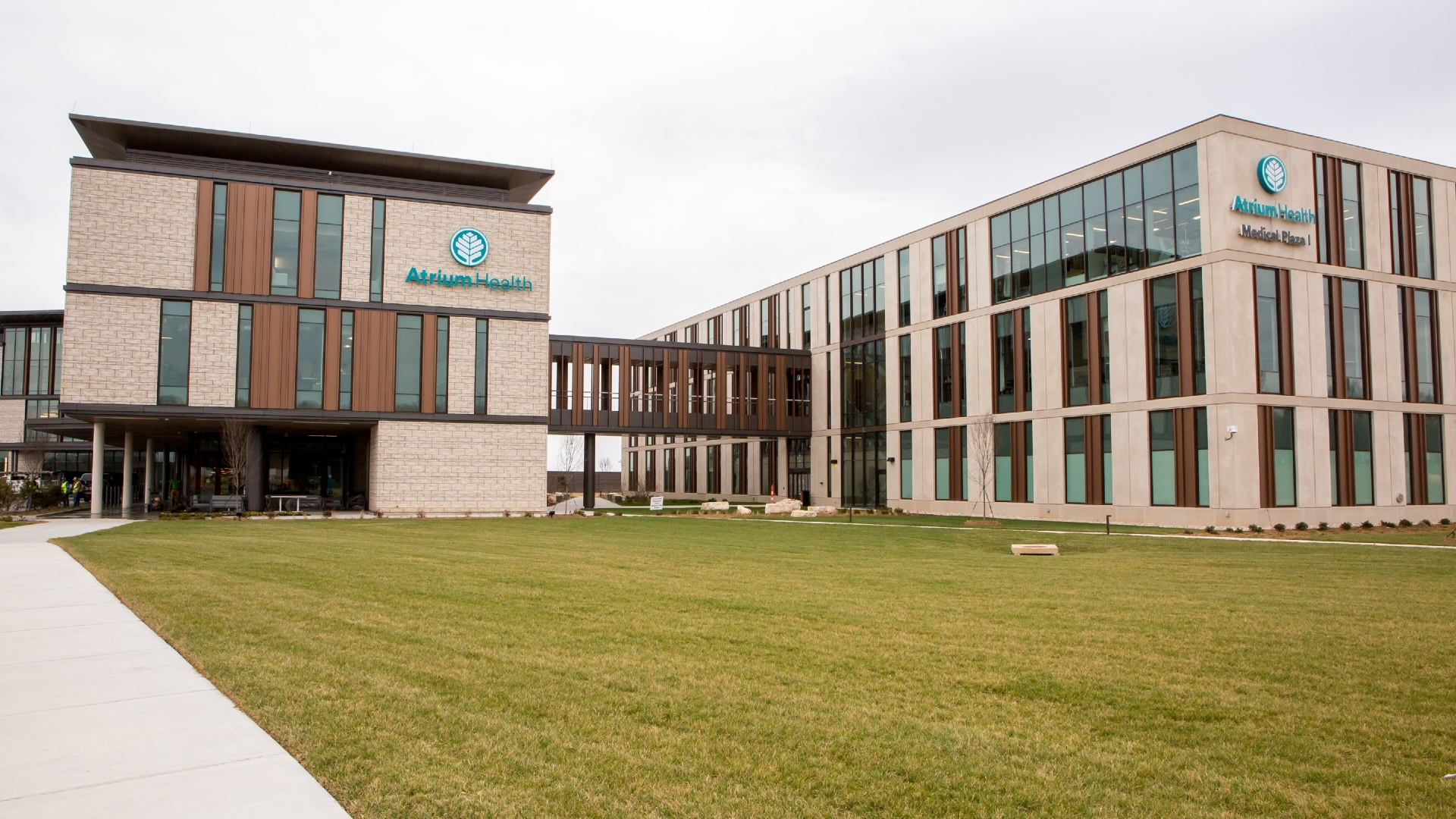In compatibility to the declaration of 100 days plan of HRD https://rarecareer.com/ of service by Hon’ble HR improvement Priest, Another Strategy on Distance Learning In Advanced education Area was drafted.
Foundation
1. As far as Passage 66 of Rundown 1 of the Seventh Timetable to the Constitution of India, Parliament is equipped to make regulations for the coordination and assurance of principles in foundations for advanced education for research, and logical and specialized organizations. Parliament has instituted regulations for releasing this obligation through: the College Awards Commission (UGC) for general Advanced education, the All India Chamber for Specialized Education (AICTE) for Specialized Education; and other Legal bodies for different disciplines. As respects advanced education, through the distance mode, Indira Gandhi Public Open College (IGNOU) Act, 1985 was ordered with the accompanying two prime targets, among others: (a) To give valuable open doors to advanced education to a huge section of populace, particularly impeded bunches residing in remote and provincial regions, grown-ups, housewives and working individuals; and (b) to support Open College and Distance Education Frameworks in the educational example of the nation and to facilitate and decide the guidelines in such frameworks.
2. The historical backdrop of distance learning or education through distance mode in India, goes a long time ago when the colleges began offering education through distance mode for the sake of Correspondence Courses through their Directorate/School of Correspondence Education. Back then, the courses in humanities or potentially in trade were presented through correspondence and taken by those, who, attributable to different reasons, remembering predetermined number of seats for normal courses, employability, issues of admittance to the establishments of higher learning and so on, couldn’t get themselves signed up for the traditional ‘up close and personal’ mode ‘in-class’ projects.
3. In the new past, the interest for advanced education has expanded immensely all through the country on account of mindfulness about the meaning of advanced education, though the arrangement of advanced education couldn’t oblige this always expanding request.
4. In light of the current situation, various organizations including considered colleges, confidential colleges, public (Government) colleges and, surprisingly, different foundations, which are not engaged to grant degrees, have begun changing out on the circumstance by offering distance education programs in an enormous number of disciplines, going from humanities to designing and the board and so forth, and at various levels (endorsement to under-graduate and post-advanced educations). There is generally a risk that a portion of these establishments might become ‘degree plants’ contribution unsatisfactory/low quality education, thusly dissolving the believability of degrees and different capabilities granted through the distance mode. This requires a far more significant level of coordination among the concerned legal specialists, basically, UGC, AICTE and IGNOU and its power – the Distance Education Committee (DEC).
5. Administration of India had explained its situation in regard of acknowledgment of degrees, acquired through the distance mode, for work under it vide Paper Warning No. 44 dated 1.3.1995.







